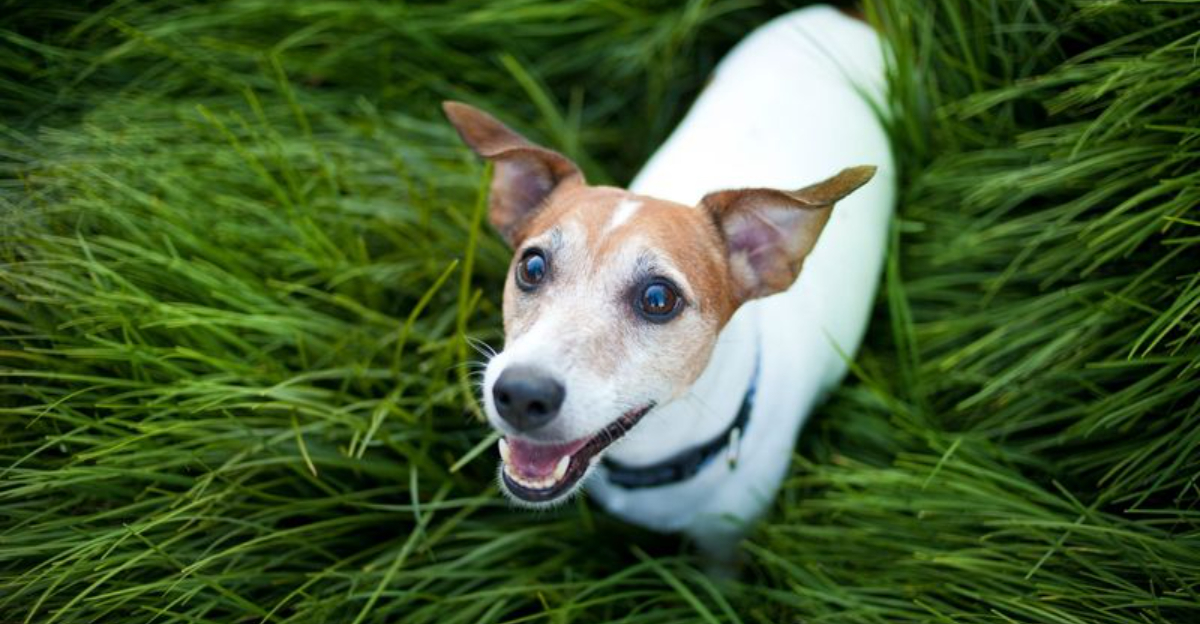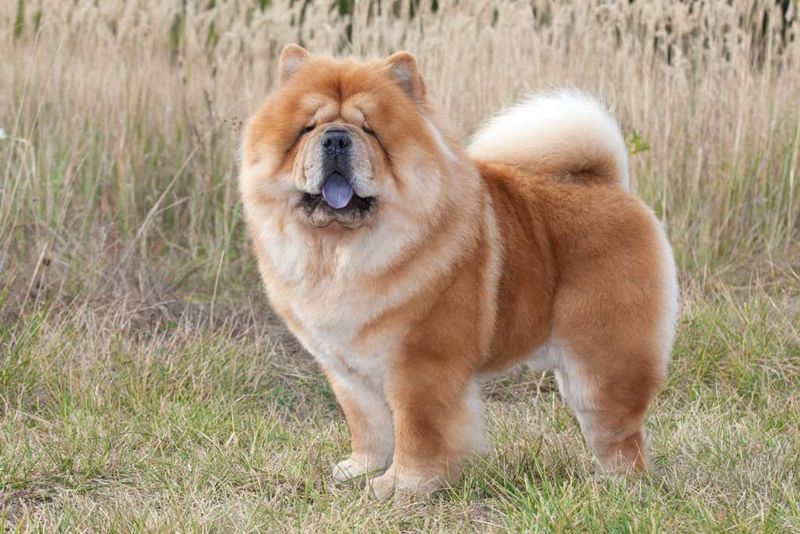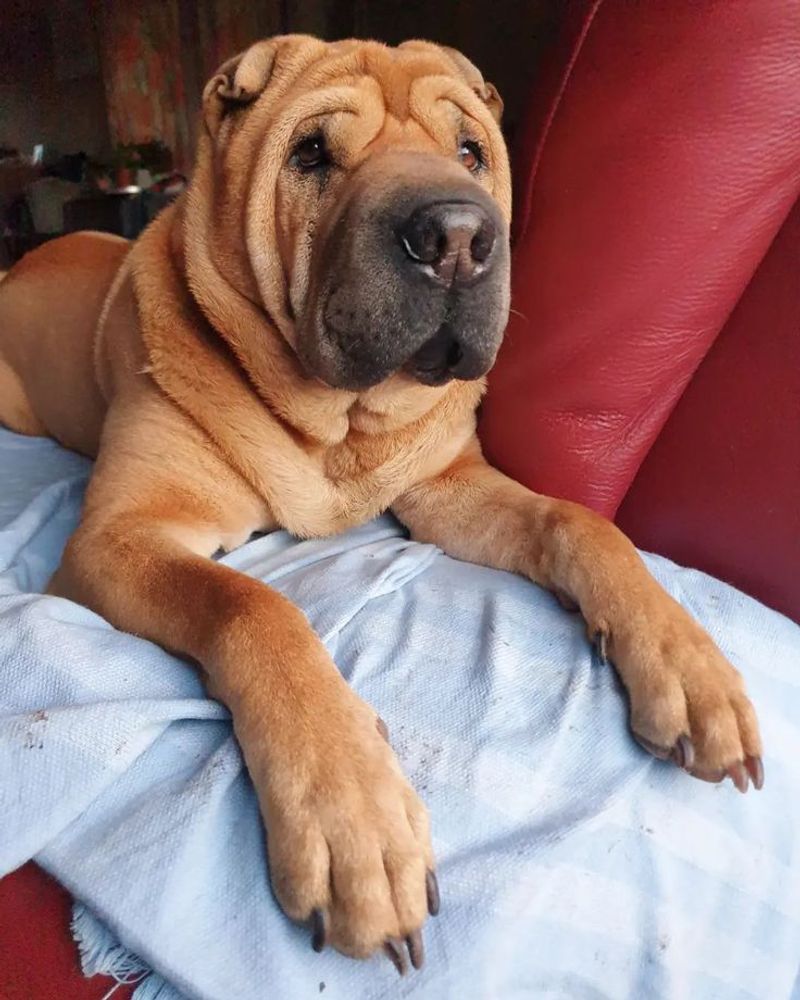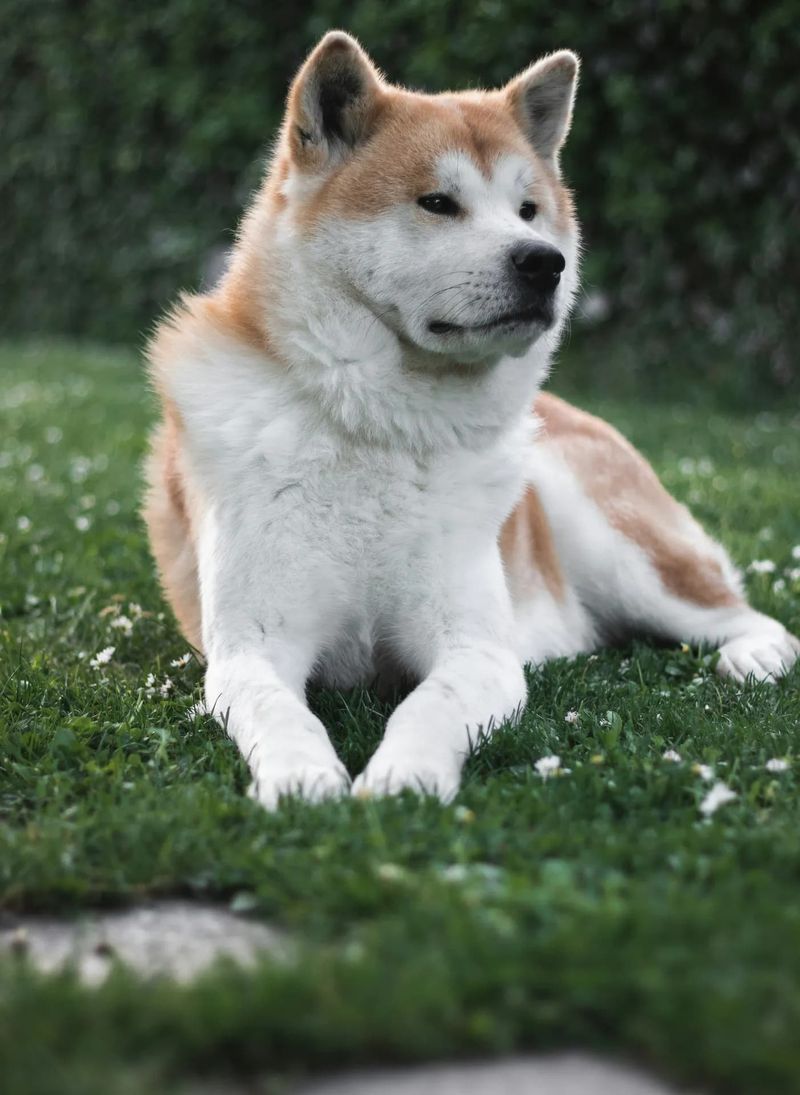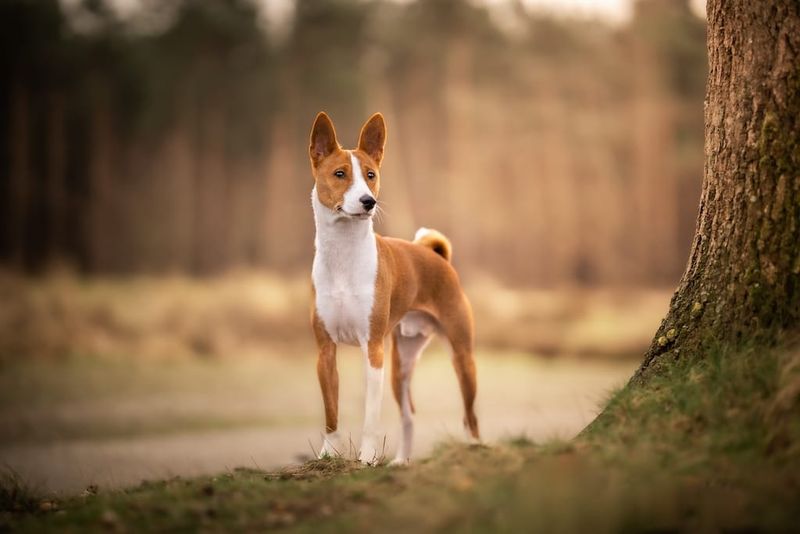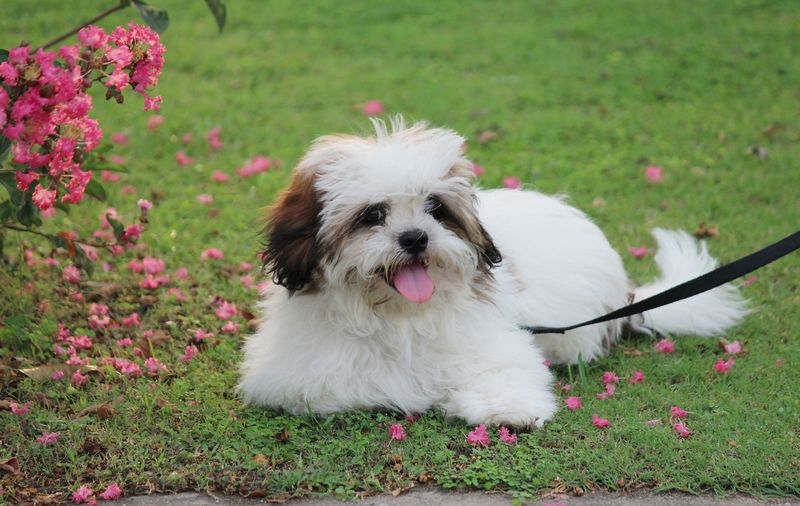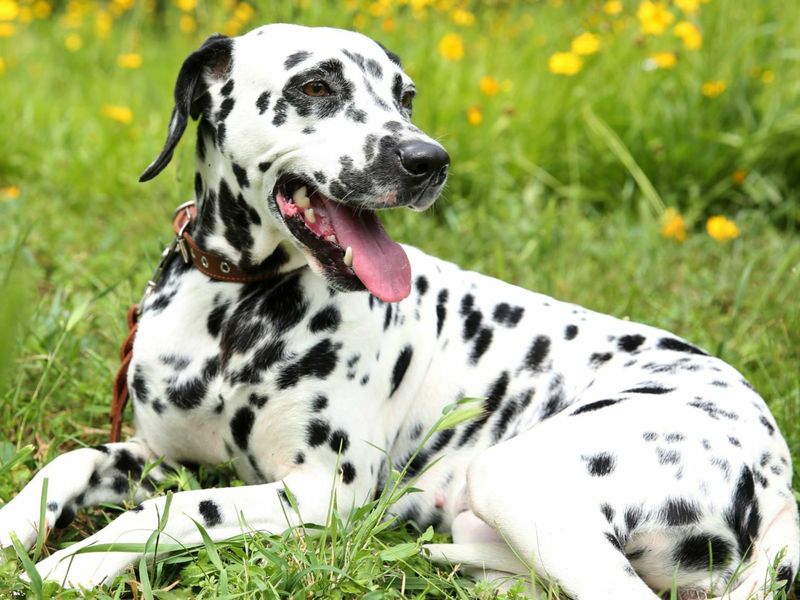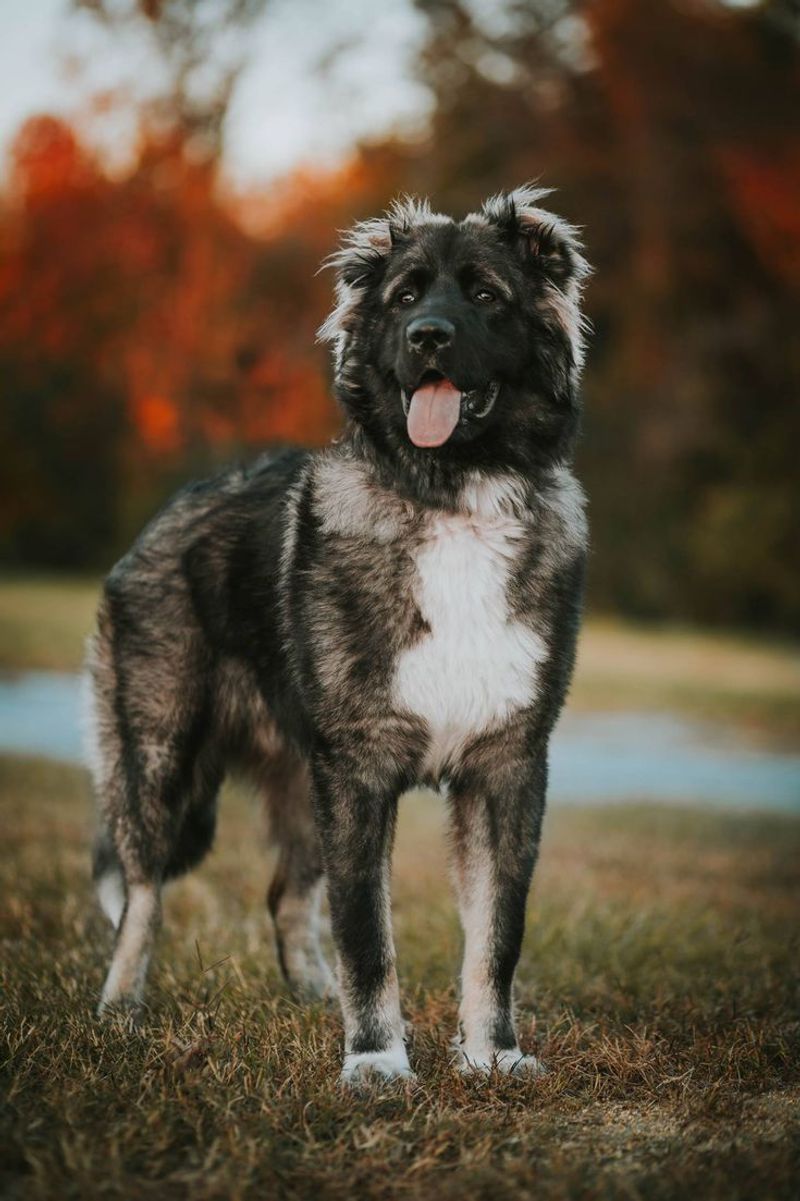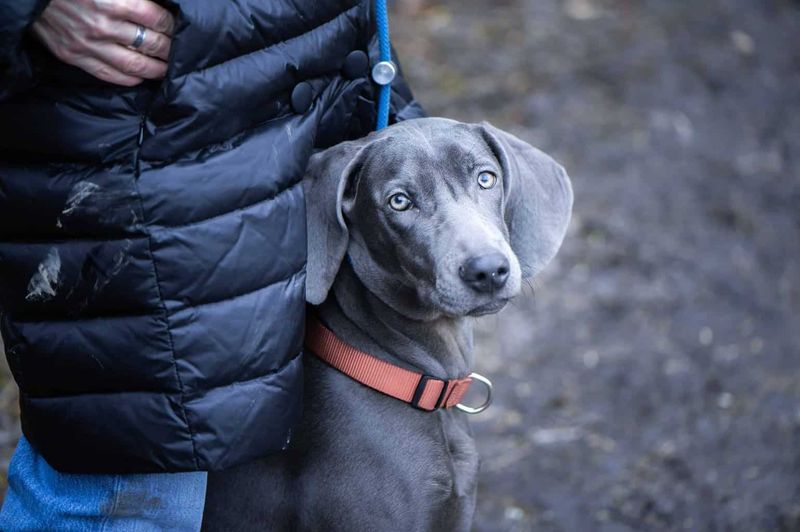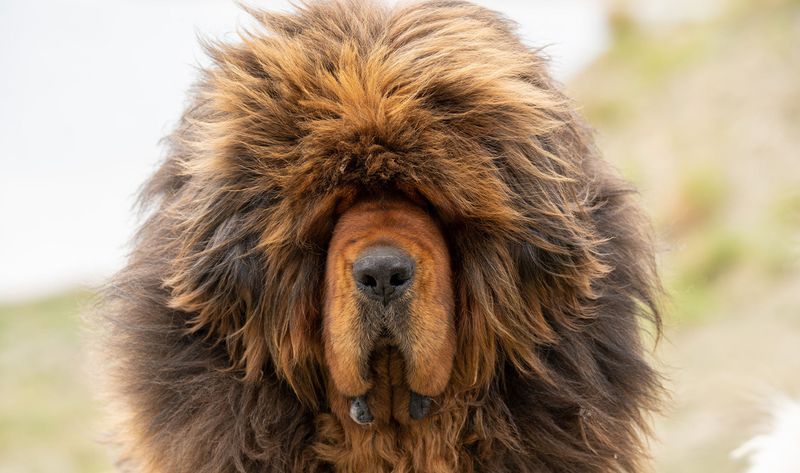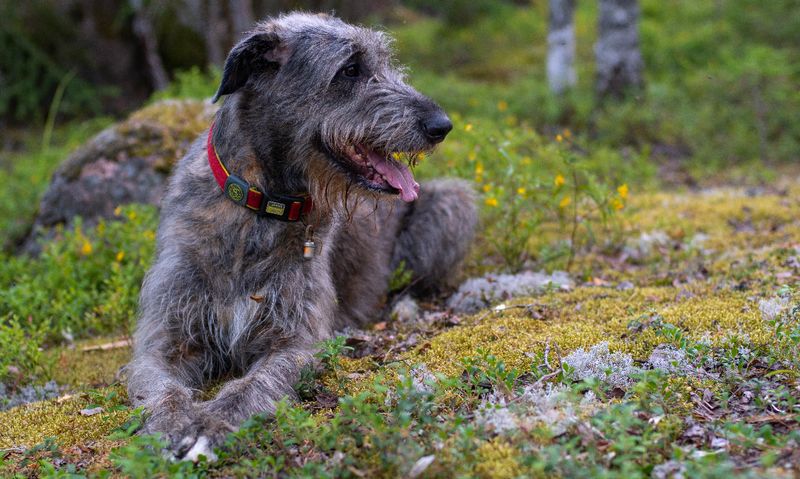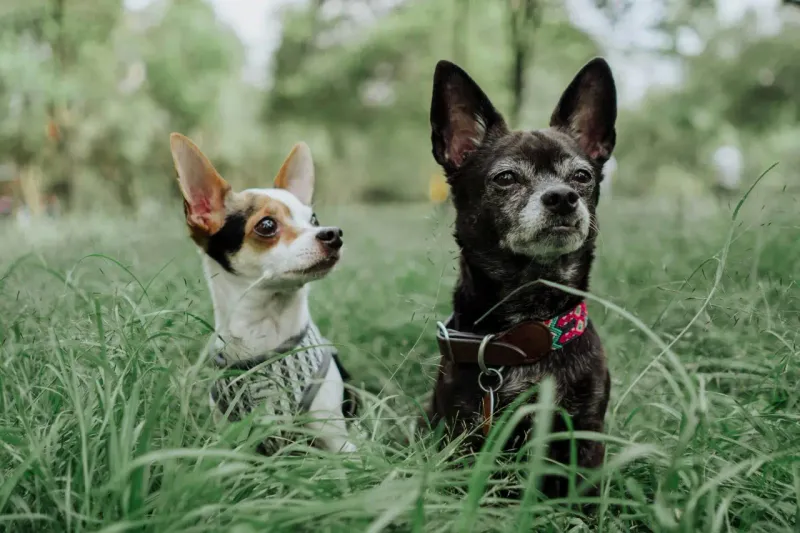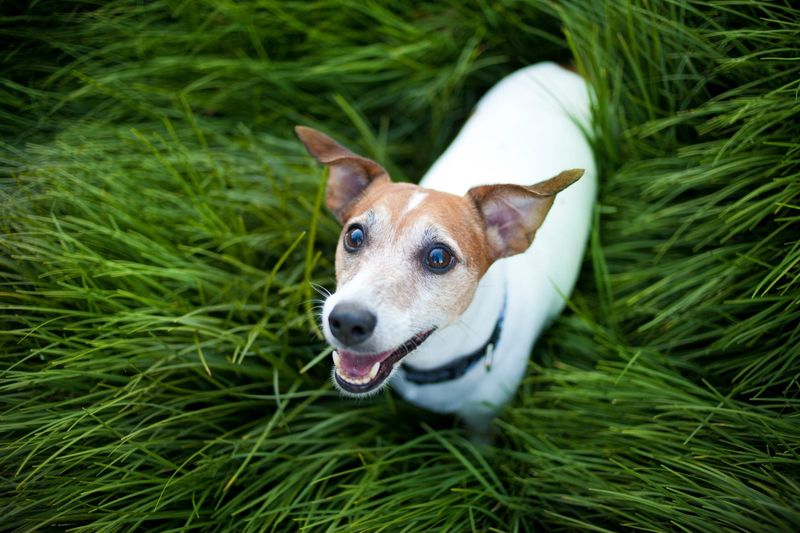Dogs are often known as man’s best friend. While many breeds look inviting and approachable, not all are as sociable as they appear. Understanding the temperament and social needs of different breeds is crucial for potential dog owners. Here, we explore 13 dog breeds that, despite their friendly exteriors, may not always be the social butterflies you expect. These breeds require experienced handling and a keen understanding of their unique characteristics to ensure a harmonious human-dog relationship.
Chow Chow
The Chow Chow, with its plush coat and lion-like appearance, often looks like a friendly teddy bear. However, this breed can be quite aloof and independent, often exhibiting a strong sense of territoriality. Chow Chows are known for their loyalty to their family, but they may be wary of strangers. Proper socialization from a young age is crucial to help them become more adaptable. Despite their aloofness, they make excellent companions for those who appreciate their unique personality. Owners should be prepared for regular grooming to maintain their luxurious coat.
Shar Pei
The Shar Pei’s wrinkled skin and distinctive appearance make it stand out as a potentially cuddly companion. Yet, they are known for their reserved and sometimes standoffish nature. This breed is loyal and protective, making them excellent watchdogs, but they can be wary of new people and environments. Early and consistent socialization helps in managing their protective instincts. Owners should invest time in training to ensure a well-mannered pet. Regular veterinary care is important, as their skin folds can require special attention to prevent infections.
Akita
Akitas, with their dignified and noble appearance, often give off an aura of friendliness. However, they are known for their strong-willed and independent nature. This breed is incredibly loyal and forms strong bonds with their family, but they can be reserved with strangers. Proper training and socialization are key to managing their dominant tendencies. Akitas thrive in environments where they have clear leadership and consistent routines. While they enjoy the company of their family, they may not always seek out social interactions with unfamiliar dogs or people.
Basenji
The Basenji, often referred to as the “barkless dog,” exudes a playful and curious demeanor. Despite their energetic appearance, Basenjis can be quite reserved. This breed is known for its independence and sometimes cat-like behavior, preferring to observe before engaging. They thrive with owners who understand their unique personality and can provide plenty of mental stimulation. Although they might not be the first to greet a stranger, their loyalty to their family is unwavering. Training with patience and consistency is key to a happy Basenji relationship.
Lhasa Apso
The Lhasa Apso, with its regal appearance, may seem like the perfect lap dog. Nevertheless, this breed was originally bred to guard Tibetan monasteries, and their protective instincts remain strong. Lhasa Apsos are independent thinkers with a mind of their own. While they can be affectionate with their family, they often approach strangers with caution. Consistent training and socialization are beneficial in curbing their suspicious nature. Despite their small size, they make excellent watchdogs. Regular grooming is necessary to keep their beautiful coat in top condition.
Dalmatian
Dalmatians are instantly recognizable with their unique spotted coats, often seen as friendly and approachable. However, their high energy levels and strong-willed nature can be overwhelming for some owners. Dalmatians are intelligent and eager to work, needing regular exercise and mental stimulation to thrive. They can be reserved around strangers, and early socialization is important to help them adjust to new environments. An active household suits them well, where their playful spirit can be nurtured. Proper training ensures a well-behaved companion.
Caucasian Shepherd
The Caucasian Shepherd’s massive size and bear-like appearance might suggest a gentle giant, but they are known for their protective and sometimes aggressive nature. Bred to guard livestock, they are highly territorial and require experienced owners. Early socialization and training are crucial to ensure they distinguish between friend and foe. While devoted to their families, they may not be welcoming to strangers. Owners should be prepared for their strong guarding instincts and ensure they have a secure environment. They thrive in spacious settings where they can roam freely.
Shiba Inu
The Shiba Inu, with its alert expression and lively demeanor, often appears approachable. However, this breed is known for its independence and sometimes aloof nature. Shiba Inus are intelligent and curious, requiring mental and physical stimulation to prevent boredom. They can be wary of strangers, and early socialization helps them become well-rounded pets. Despite their occasional stubbornness, they build strong bonds with their families. Owners should embrace their spirited nature and provide consistent guidance to manage their independent streak. Patience is key with Shiba Inus.
Weimaraner
Weimaraners, known for their striking silver coats and elegant appearance, often look like approachable companions. Yet, they are high-energy dogs that require ample exercise and mental stimulation. This breed is intelligent and eager to learn, but can become anxious if not given enough activity. Early socialization helps them feel comfortable in various settings, but they may be cautious around unfamiliar people. They thrive in active households where they can participate in various physical activities. Consistent training and attention help in managing their exuberant nature.
Tibetan Mastiff
The Tibetan Mastiff, with its majestic mane and imposing stature, might seem like a gentle guardian. However, they are known for their strong protective instincts and independence. Bred to guard livestock in the Himalayas, they are naturally wary of strangers and require experienced handling. Socialization from an early age is essential to help them differentiate between threat and friend. While devoted to their families, they may not be the best fit for urban living due to their size and protective nature. Owners should provide space and clear leadership.
Irish Wolfhound
The Irish Wolfhound’s commanding size and gentle eyes give an impression of a gentle giant. While they are generally good-natured, this breed is known for its independent spirit and, at times, aloofness. Irish Wolfhounds are loyal to their families but may not actively seek out attention from strangers. They enjoy a relaxed lifestyle with ample space to roam. Early socialization is beneficial to help them adjust to various environments. Despite their size, they are graceful and gentle, but prospective owners should be prepared for their unique personality traits.
Chihuahua
Chihuahuas, with their diminutive size and expressive features, often look like adorable companions. However, they are known for their bold personalities and can be fiercely protective of their owners. This breed tends to form strong bonds with one person and may be wary of strangers. Early socialization and training are essential to manage their protective instincts. Despite their size, they are confident and spirited. Owners should provide clear boundaries to ensure a well-behaved pet. Regular interaction and mental stimulation help in balancing their assertive nature with affection.
Jack Russell Terrier
Jack Russell Terriers, with their lively expressions and compact size, might seem like ideal playmates for everyone. Yet, they are known for their high energy and assertive nature. This breed is intelligent and requires plenty of mental and physical exercise. Without proper outlets, they can become bored and mischievous. Early socialization helps them interact better with strangers, though they may still exhibit a strong hunting instinct. Owners should engage them in various activities to keep them satisfied. Consistent training and routine are key to a happy Jack Russell Terrier.
